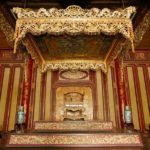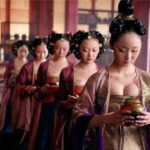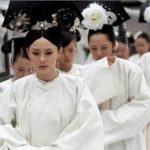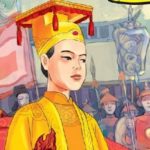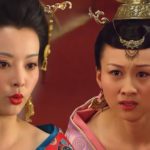Many people have wondered why sometimes it’s called “Vua” and sometimes “Hoàng đế,” what are the similarities and differences between these two terms?
In French/English, vua is called Roi/King, hoàng đế is called Empereur/Emperor. The Hán Việt dictionary also clearly distinguishes between these two words: Vương 王 means “king, ruler of the world under a monarch”; đế 帝 has many meanings, including one cited by the Hán Việt dictionary, which states that it means “Thiên tử”. In the past, the highest ruling rank of a country was called “đế” 帝”. The dictionary cites a sentence from Sử Ký: “Tần cố vương quốc, Thủy Hoàng quân thiên hạ, cố xưng đế”, which means “In the past, Tần was a kingdom, Thủy Hoàng became king of the whole country, so he was called đế (which means Thiên tử)”.
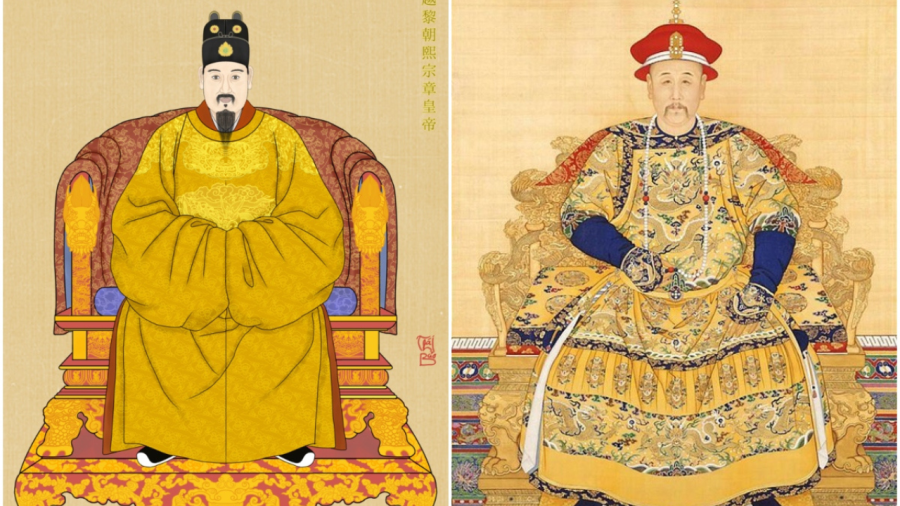
In ancient China, the country was divided into many small countries such as Tề, Yên, Triệu,… and they all competed to be the head of state. When Tần Thủy Hoàng defeated everyone and unified the country, he was called hoàng đế. So hoàng đế is the great king, while vua (vương) is just the ruler of a region.
According to the Vietnamese dictionary, vua is the person at the top of the feudal state ruling system; hoàng đế is also the king of a country, but there are other weaker and smaller countries who pay tribute, tribute (submitting valuable treasures, beautiful women, skilled craftsmen).
Historian Lê Văn Lan, in his article “Đế và vương giống hay khác” posted on his personal Facebook page on December 31, 2014, also explained the differences between these two confusing terms. According to the article, these two words are completely different. For example, in the dynasties of hoàng đế in China, there were often kings with the same last name or a different last name under the supreme hoàng đế.
Even the supreme rulers in the border areas were often granted the title of “king” by the hoàng đế of the Middle Empire. Therefore, if we carefully consider the meaning, “đế” and “vương” in China still have different positions in terms of power, and there are clear boundaries.
In the history of countries around the world, there is always a noticeable distinction between “đế” and “vương.” The English term for hoàng đế is Emperor, while quốc vương is called King. Đế and Vương never mix. Quốc vương is the king of a kingdom, while hoàng đế is the king of an empire, also known as the “King of Kings.”
However, according to historian Lê Văn Lan, in some periods of history, there were independent and self-governing kingdoms that did not depend on any other empire. Their power and status were not inferior to the empires. Their quốc vương in international activities is no less impressive than other hoàng đế.
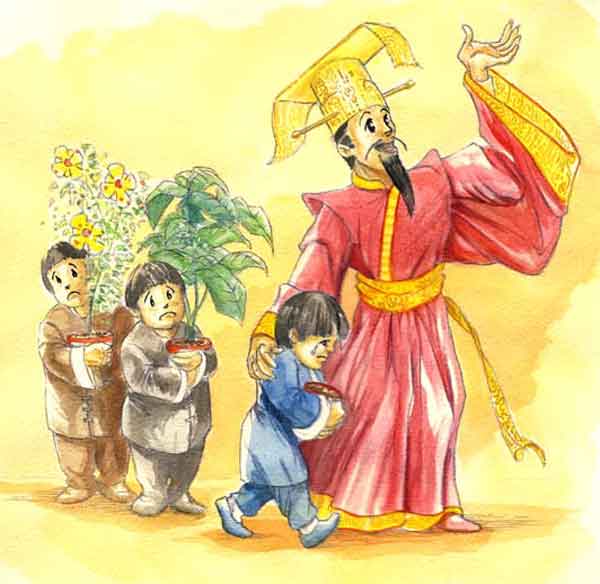
For example, in the Middle Ages, the Kings of England, France, and Spain were not inferior to the emperors of the Holy Roman Empire, which had loose connections and had weakened in the same era. In Europe, the official title of Empire appeared during the Roman Empire.
Initially, this title was used to refer to the highest military commanders, namely Imperator. In subsequent periods of history, like most kings in Europe, many people referred to themselves as Quốc vương and very few called themselves Hoàng đế.
Returning to the question that was raised. Many documents and newspapers call Lê Thánh Tông “hoàng đế” because of the glorious career that this great military leader left for the future, especially the process of opening up the country to the South. In the article “Những điều thú vị về Hoàng đế Lê Thánh Tông” posted on vusta.vn (The electronic newspaper of the Vietnam Union of Science and Technology Associations) on September 6, 2007, the following passage is mentioned:
“History books praise Lê Thánh Tông as a “supreme lord, brave and decisive, with great military and strategic talents, skilled in both martial and literary arts, and always dedicated to learning, never without a book in hand. He was well-versed in historical books, arithmetic books, and things related to spirituality” (Đại Việt sử ký toàn thư). Because of this, throughout his life and career, this great emperor left many interesting things and special marks.”
Therefore, the great military leader Lê Thánh Tông deserves to be honored as hoàng đế by future generations, as concluded in the article: “All of this shows us to some extent the true portrait of a great emperor in the history of the nation, someone who has made great contributions to a glorious era. His name will always be honored, praised, and respected by future generations.”
























